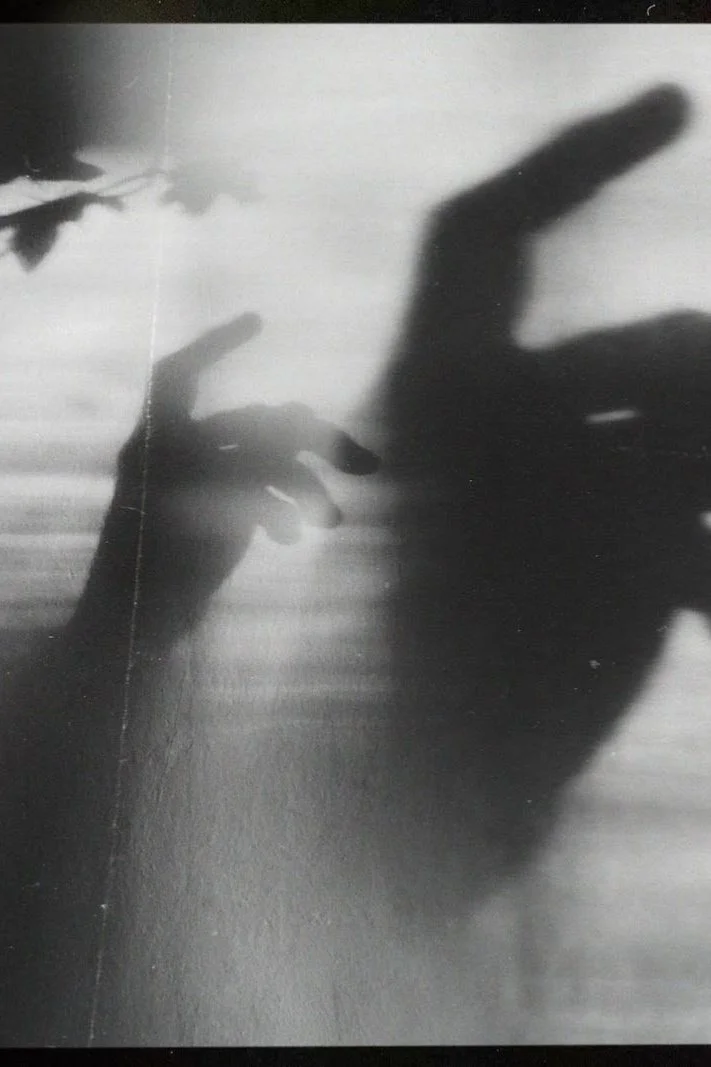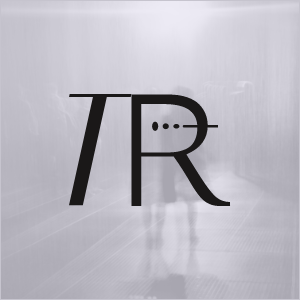Attachment Theory:
Discover your relationships’ untapped potential
Welcome to a journey of self-discovery and transformation. Are you ready to unlock the secrets of your relationships and connect with others on a deeper, more meaningful level? If you’ve ever wondered why your relationships play out the way they do, or if you’re seeking guidance to break free from repetitive patterns, you’re in the right place.
As an Attachment Theory Coach, I’m here to provide you with the support, insights, and tools you need to create healthier, more fulfilling connections. Your relationship questions are not just questions; they are the keys to unlocking a world of personal growth and lasting love. Join me on this empowering journey, and let’s navigate the intricacies of human connection together.
WHAT IS IT?
Attachment Theory, rooted in our earliest interactions with others, provides a profound insight into how we navigate human connections through four distinct attachment types.
Have you ever wondered how your childhood bonds with caregivers shape your adult relationship dynamics? If so, let’s talk about it?
Who’s IT For?
Attachment Theory coaching is designed for anyone seeking deeper insights into their relationships and a pathway to more fulfilling, harmonious connections. Whether you’re navigating the complexities of personal, romantic, or professional relationships, this coaching is for you.
It’s for those who:
Yearn for Deeper Connections: If you crave more meaningful, secure, and authentic relationships, Attachment Theory offers the tools to help you achieve just that.
Struggle with Relationship Patterns: If you find yourself stuck in repetitive, unhelpful relationship dynamics and wish to break free from them, this coaching is your guide to change.
Seek Self-Awareness: For individuals on a journey of self-discovery, Attachment Theory is an invaluable resource to gain a deeper understanding of themselves and their interactions with others.
Desire Healing and Growth: Whether you carry emotional wounds from the past or simply want to grow and evolve in your relationships, Attachment Theory paves the way for healing and personal development.
Value the Power of Knowledge: If you believe that knowledge is the key to transformation and are committed to understanding and improving your relationships, this coaching is your essential resource.
This coaching is for anyone ready to unlock the mysteries of their connections with others and embark on a transformative journey toward more meaningful, secure, and loving relationships.
Join me and take the first step toward a brighter, more fulfilling future.
Here’s where I can help!
Hypnotherapy offers a unique pathway to unravel and comprehend your attachment style, guiding you through a journey of self-discovery and relationship transformation.
My services are tailored to provide you with the support and insights you need.
Here’s how hypnotherapy can help you:
1. Accessing Subconscious Beliefs: Dive deep into your subconscious to uncover the core beliefs that shape your relationships.
2. Exploring Early Childhood Memories: Delve into your past to understand the roots of your attachment style and how it affects your adult relationships.
3. Reframing Negative Beliefs: Transform negative thought patterns and replace them with healthier, more constructive beliefs about yourself and your connections with others.
4. Promoting Self-Awareness: Gain a profound understanding of your unique attachment style and how it impacts your interactions with loved ones.
5. Enhancing Relaxation and Openness: Cultivate a state of relaxation and openness that allows for personal growth and more fulfilling relationships.
Your journey towards healthier, more fulfilling relationships starts here. Feel confident that you’ve found the right partner to guide you through your relationship struggles. Are you ready to take the first step towards a more fulfilling connection with yourself and others? Allow me to support you on this transformative path.
Book a Free Consultation
“Attachment is a deep and enduring emotional bond that connects one person to another across time and space..”
— John Bowlby
FAQ’S
-
Attachment theory in relationships delves into the emotional bonds between people and how early experiences with caregivers shape connections in adulthood. Created by John Bowlby, it looks at how our attachment styles impact how we behave in romantic and interpersonal relationships. This theory points out how the way caregivers respond can lead to either secure or insecure attachments, affecting things like intimacy, trust, and communication in adult relationships. The models we build from early experiences stick around and keep influencing how we do relationships as adults, giving us clues on how to understand and improve our connections with others.
-
The four main attachment styles, as identified by attachment theory, are:
1. Secure Attachment: Individuals with a secure attachment style feel comfortable with emotional intimacy, trust in relationships, and are generally confident. They had consistent and responsive caregiving in early life.
2. Anxious-Preoccupied (or Anxious-Ambivalent) Attachment: People with this style seek high levels of closeness and approval, but they often worry about the reliability of their partners. They may fear abandonment and may be more emotionally intense in relationships.
3. Dismissive-Avoidant Attachment: Individuals with a dismissive-avoidant attachment style tend to be emotionally distant, self-reliant, and may avoid intimacy. They might downplay the importance of close relationships and value independence.
4. Fearful-Avoidant (or Disorganized) Attachment: This attachment style involves a mix of anxious and avoidant tendencies. Individuals may desire close relationships but may also fear rejection or have unresolved trauma, leading to unpredictable and sometimes challenging relationship behaviors.
-
Attachment theory was developed by British psychologist John Bowlby. He originated this psychological framework, which later gained further insights and research contributions from scholars like Mary Ainsworth. John Bowlby's work, particularly in the mid-20th century, has been instrumental in shaping our understanding of the impact of early attachment experiences on human development and relationships.
-
How we connected with others when we were kids tends to stick around as we grow up. It's like a blueprint for how we do relationships as adults. If you're someone who feels good about getting close to others and trusts easily, chances are your relationships are pretty satisfying. But if you're more on the cautious or distant side, it might be a bit tougher to feel super happy and committed in relationships. Basically, the way we connected early on still plays a big role in how we do the whole relationship thing as adults.
-
The number of sessions required can vary depending on individual needs and goals. Some individuals may benefit from just a few sessions, while others may require more extensive therapy. Your hypnotherapist will work with you to create a personalized treatment plan.
-
Many wonder how Attachment Theory relates to adult relationships, not just childhood development.
-
Absolutely! People can definitely change the way they connect with others over time. Early experiences play a big role, but life events, positive relationships, and personal growth can shift how we relate to people. Therapy is like a helpful guide—it gives you space to understand yourself better, work through things, and develop healthier ways of connecting. It's not a quick fix, and everyone's journey is different, but the potential for positive change in how we relate to others is there.
-
Different ways of connecting with others can have various effects on relationships:
1. Secure Attachment:
• Positive Vibes: People who feel good about intimacy and trust tend to have happy and satisfying relationships.
• Relationship Feels: Security in a relationship brings comfort, support, and a strong emotional connection.
2. Anxious-Preoccupied Attachment:
• Rollercoaster Feels: Those who seek a lot of closeness might worry a bit too much about how things are going.
• Relationship Vibes: Too much worry and fear of not being accepted can make things a bit rocky.
3. Dismissive-Avoidant Attachment:
• Independence Rocks: Folks who like to keep a bit of distance may put a premium on doing their own thing.
• Relationship Scene: Deep emotional connections might take a bit more effort, as closeness can be a challenge.
4. Fearful-Avoidant Attachment:
• Mix of Feels: People who are a bit of everything, sometimes due to past experiences, might find trust and closeness a bit tricky.
• Relationship Ride: Trust issues and unpredictable moments can make forming a solid connection a bit tough.
Knowing how you connect can help make relationships better, and with some self-awareness and good communication, things can evolve over time.
-
Totally! Think of attachment styles like flavors in a mix. Sometimes people have a bit of this and a bit of that, creating their own unique blend. It's like a mix of wanting closeness but also feeling a bit unsure or avoiding getting too close. This mix can come from past experiences or things that happened when growing up. It just means that relationships might have some twists and turns, and figuring out the right balance can be a bit like putting together a puzzle. People are complex, and so are their ways of connecting with others!
-
Absolutely! Think of attachment theory like a helpful tool in therapy – a bit like understanding the ingredients in a recipe. Therapists use it to get a grasp on how your early experiences might be shaping your relationships now. It's not about labels; it's about figuring out how you connect with others and how that can be improved.
In therapy, you might chat about how you relate to people, what makes you tick in relationships, and if there are any past experiences that still affect you. The idea is to create a space where you can understand yourself better, work through any challenges, and build healthier ways of connecting with others. It's not about fitting into categories; it's about finding what works best for you in your unique mix of experiences and relationships.
-
Absolutely! Think of attachment theory as a kind of guidebook for making relationships better. It's like having a map that helps you understand how you connect with others. When you get how your past experiences might be playing into your relationships now, you can start making positive changes.
In everyday terms, it means talking about your feelings and needs more openly, understanding where some challenges might be coming from, and working on building trust with those you care about. Whether you're in a romantic relationship, dealing with family dynamics, or navigating friendships, attachment theory can offer some useful insights and strategies for making your connections stronger and more satisfying. It's all about making your unique relationships the best they can be.
-
There are tools to identify your own attachment style which we will go over together in your first sessions with me.
-
Changing your attachment style is like a journey of self-discovery and growth. Here are some down-to-earth tips:
1. Look Back and Reflect:
• Take a moment to think about your past relationships and how you connect with others. What patterns do you notice?
• Consider how your earlier experiences might be shaping the way you do relationships now.
2. Understand Your Triggers:
• Pay attention to situations that push your buttons or make you feel a certain way. Knowing your triggers helps you navigate them better.
3. Dig into Past Experiences:
• If there are unresolved issues or past hurts, think about addressing them. Sometimes, understanding and processing these experiences can make a big difference.
4. Talk it Out:
• Be open with the people close to you. Let them know you're working on certain aspects of how you relate to others. Communication is key.
5. Set Healthy Boundaries:
• Figure out what's okay and not okay for you in relationships. Setting clear and healthy boundaries is a big part of making positive changes.
6. Consider Getting Support:
• If it feels like a lot to handle on your own, consider talking to a friend or seeking professional support. Therapists are like guides on this journey, offering insights and strategies.
7. Practice Mindfulness:
• Try mindfulness techniques to stay in the present moment. It can help you manage emotions and reactions in a healthier way.
8. Create Positive Relationship Moments:
• Look for opportunities to build positive experiences in your relationships. Engage in activities that bring joy, trust, and connection.
Remember, change is a process, not an event. Celebrate the small victories and be patient with yourself as you work towards healthier and more fulfilling connections with others.











